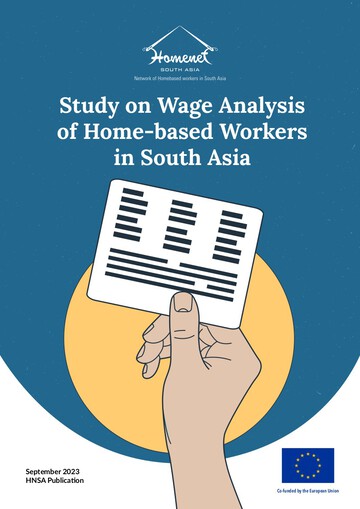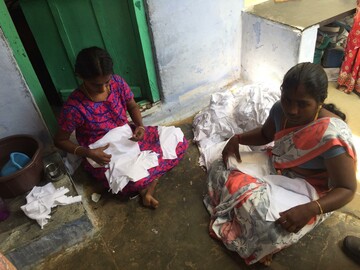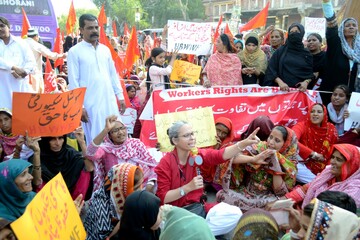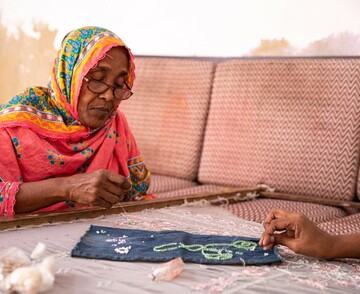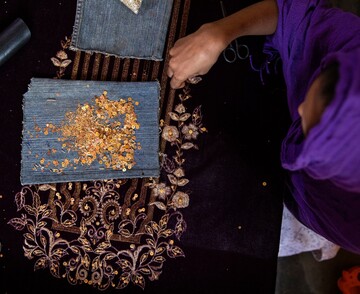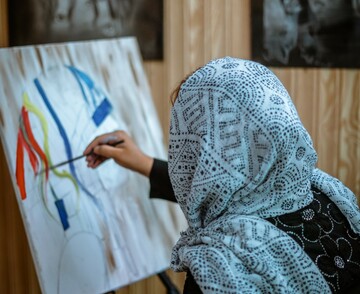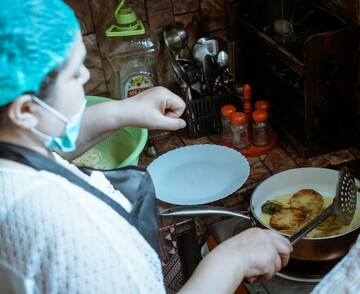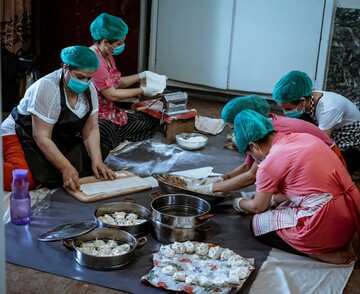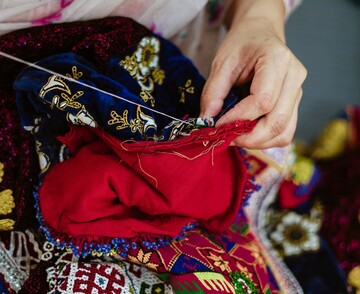Research and Insights
HNSA is implementing the European Union’s co-funded “Hidden Homeworkers” project across India, Nepal and Pakistan. Within this project, wage cards were developed and distributed by HNSA grassroots project partners to assist home-based workers in habitually recording the nature of their work, the number of orders they receive, piece rate wage, details of work provider/contractors, etc. This report captures the details of the wage card study, which was conducted across all four regions of South Asia.
The COVID-19 outbreak has impacted global garment supply chains causing brands and retailers to close shops and cancel orders from sourcing factories. This has resulted in mass layoffs and has had a devastating effect on the livelihoods of homeworkers – who form the lowest tiers of supply chains.
The terms ‘invisible’ or ‘hidden’ are often used when referring to women homeworkers in garment and footwear supply chains. Their work is often undervalued and remains unseen by the retailers and brands they produce for. Because of the hidden nature of their work, they are vulnerable. And face issues like, unfair pay, irregular work, poor working conditions, lack of worker rights, human rights abuse, violence and harassment by contractors, and occupational health and safety risks.
Home-based work is a critical source of employment in the South Asian region and, estimates suggest, that it is home to over 50 million home-based workers. In the countries that make up South Asia, home-based workers largely find themselves at the bottom of supply chains and are, often, an invisible work force. While their contributions are significant, they remain unrecognised by Governments and by country laws. Despite the passing of the Homeworkers’ Convention (C177) in 1996, none of the South Asian Governments have ratified the Convention. A majority of nations, in South Asia and elsewhere, have also failed to formulate and implement targeted laws that protect home-based workers and assure them their rights. However, Pakistan has proved to be a notable exception.
Concluding observations on the fourth periodic report of Pakistan adopted by the Committee at its fifty fourth session (11 February – 1 March 2013).
The 'key issues' studies of urban poor homebased workers in South Asian countries (Bangladesh, Nepal and Pakistan) and Southeast Asian countries (Cambodia, Thailand and the Philippines) profiled below; were conducted as part of the Inclusive Cities project, with a focus on addressing urban poverty and the problems (Key Issues) of the urban Homebased workers in the developing world. Homebased workers - the focus of the HomeNets work with urban poor informal workers are among the most vulnerable of all informal workers
Resources
A Bill to formulate the law relating persons who work in the informal or unorganized sector carrying out remunerative work within their homes or in the surrounding, grounds and protection for their rights.















